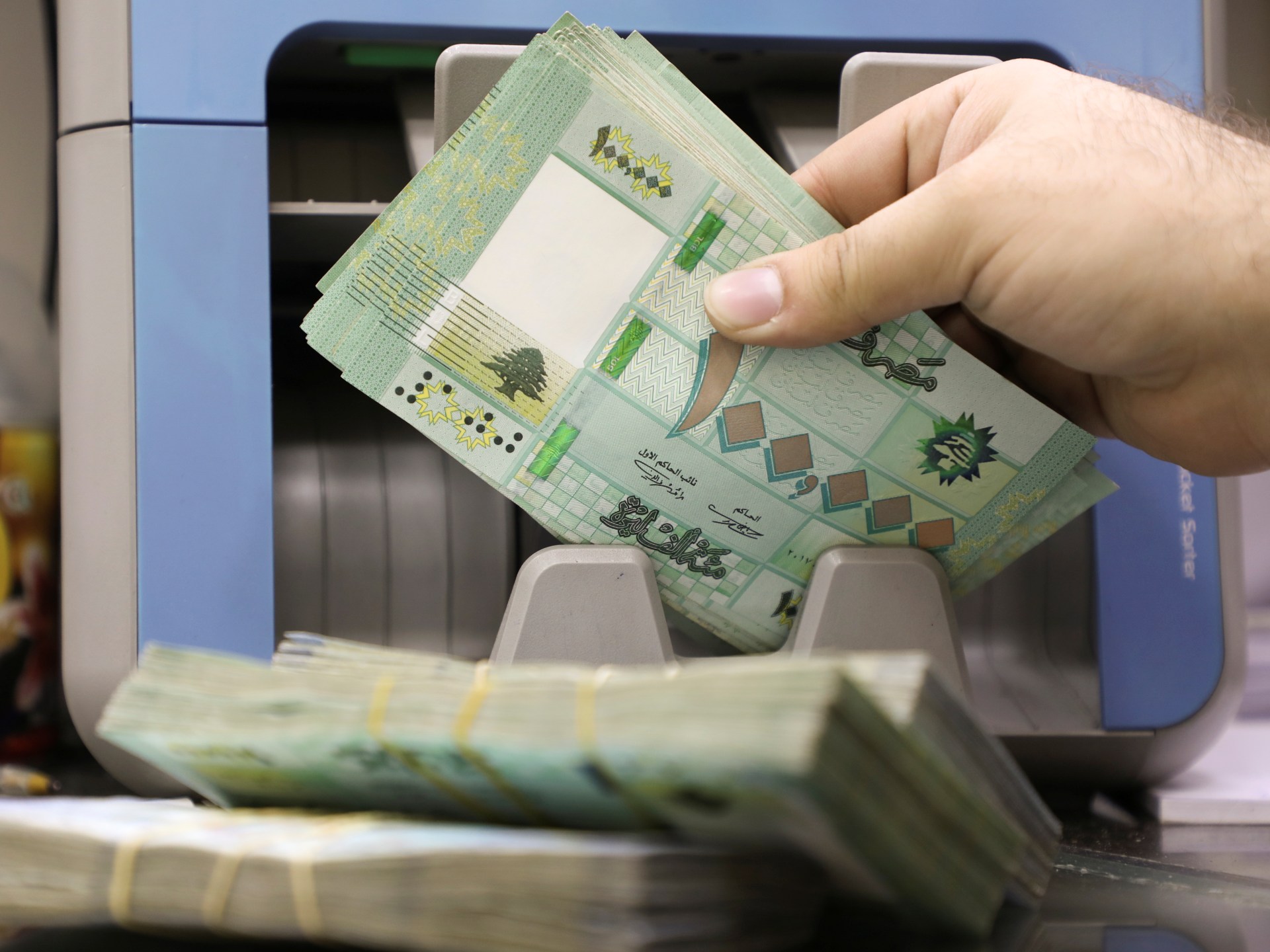The Financial Action Task Force (FATF) is likely to include Lebanon on its "grey" list of countries subject to special supervision for "unsatisfactory practices" with the aim of eliminating money laundering and terrorist financing activities, Reuters quoted sources familiar with the matter as saying.
Lebanon's inclusion would be another major blow to a country that has been in financial collapse since 2019 and struggling to reach an agreement with the International Monetary Fund.
The Lebanese pound has lost more than 98 percent of its value, pushing most of the population into poverty.
Diplomats have for months expressed concern that this increasingly cash-based economy could allow more illicit financial flows to be hidden.
The Middle East and North Africa Division of the Financial Action Task Force (FATF), a financial crime watchdog, conducted a preliminary assessment of Lebanon's economy.
According to a diplomatic source who has seen a copy of the initial report, the cumulative result of this assessment puts Lebanon "above the threshold of the grey list with one mark."
According to a draft seen by Reuters, Lebanon was classified as partially compliant in several categories, including anti-money laundering measures, transparency regarding effective corporate ownership and mutual legal assistance in relation to asset freezing and seizure.
"Lebanon is seeking more leniency and is trying to get a better result in one of the categories so as not to fall into the grey list area," the diplomatic source said.
Fallout
Shami, the caretaker deputy prime minister who is chairing Lebanon's talks with the International Monetary Fund, told Reuters he had not seen the draft report and declined to comment on the potential impact it had on the talks.
In a 2021 document, the IMF concluded that the inclusion of a country on the FATF grey list could disrupt capital flows, with banks potentially withdrawing from transactions with customers located in high-risk countries to reduce compliance costs.
Such a listing also risks damaging the country's reputation and credit rating adjustments, difficulty in obtaining international financing, and high transaction costs.
In the case of Lebanon, the financial collapse has already severely restricted banking transactions and many institutions have severed ties with the country.
The listing would be an indictment of Lebanon's financial system, at a time of intensifying crisis.
France has also charged Banque du Liban Governor Riad Salameh in a case of embezzlement of funds, leading to the International Police Organization (Interpol) issuing an arrest warrant for him.

